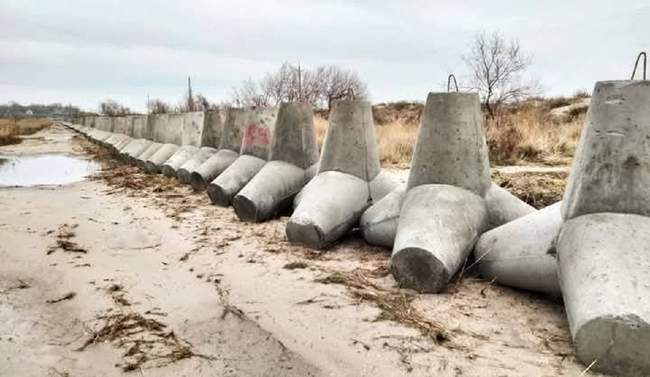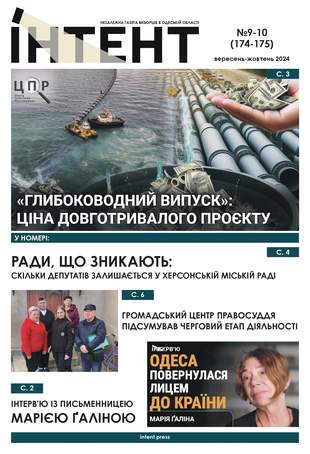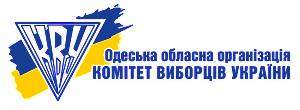Dec. 26, 2024, 12:15 p.m.
Secret facilities: who in Odesa region is sharing billions in reconstruction costs
Цей матеріал також доступний українською56

Photo: Ivan Rusev/Facebook
The Center for Public Investigations has analyzed the costs of restoring infrastructure in Odesa Oblast during the full-scale war. To do this, the experts used data from the Prozorro analytical module and reviewed the procurement announced by the Infrastructure Restoration and Development Service.
This is described in the article.
The first year of the war was characterized by insignificant reconstruction costs. From February to December 2022, only 224 procurements totaling UAH 123 million were announced in Odesa region. Of this amount, 15% was spent on furniture. The most expensive lot was a secret procurement worth UAH 80 million, which was awarded to Avtostrada, a company belonging to the group of Vinnytsia businessman Maksym Shkil.
In 2023, the amount of funding increased significantly: The Infrastructure Restoration and Development Service announced 164 procurements with a total expected value of UAH 8.19 billion.
The main areas of spending:
- Architectural, construction, engineering and inspection services - 31.7%;
- Construction works and current repairs - 15.85%;
- Information technology services - 9.76%.
The largest sums were spent on two secret construction projects with a total cost of UAH 5 billion. The contracts for these works were signed without open bidding with Rostdorstroy(Odesa City Council member Yuriy Shumacher) and Automagistral-Pivden. Experts suggest that these projects may relate to the construction of defense facilities or the laying of new power lines.
As of the 11th month of 2024, 148 procurements with an expected value of UAH 7.95 billion have been announced in the region. The most expensive contract - worth UAH 1.5 billion - was awarded to Rostdorstroy. Also, UAH 1 billion was allocated for two projects implemented by Avtomagistral-Pivden.
In addition to construction, funds are spent on the purchase of petroleum products, fuel, and electricity (11.49%).
Experts pointed to corruption risks when allocating funds for secret facilities. For example, concrete tetrapods built to protect against the landing of Russian equipment disappeared under the sand, rendering them useless.
Additionally, the media has repeatedly mentioned the close ties between Avtomagistral-Pivden and Rostdorstroy, which often "play out" tenders.
According to Ivan Lakhtionov, Dozorro project coordinator, the risk of collusion between bidders often leads to an increase in the cost of procured services and can sometimes create conditions for corruption if there is a connection between the procuring entity and the contractor. Such cases must be reviewed by the Antimonopoly Committee, which is responsible for monitoring and checking such abuses. Unfortunately, however, the situation in the field of construction tenders in Ukraine remains problematic: the same companies mostly compete in large projects.
In his opinion, the key problem is the limited construction market in Ukraine. The biggest challenge in the recovery process is the ability of businesses to complete work in a timely manner. Large projects require significant resources that only large companies have. After the end of hostilities, one solution could be to involve European companies in rebuilding the country. However, the government must create favorable conditions for international contractors to be interested in working in Ukraine.












